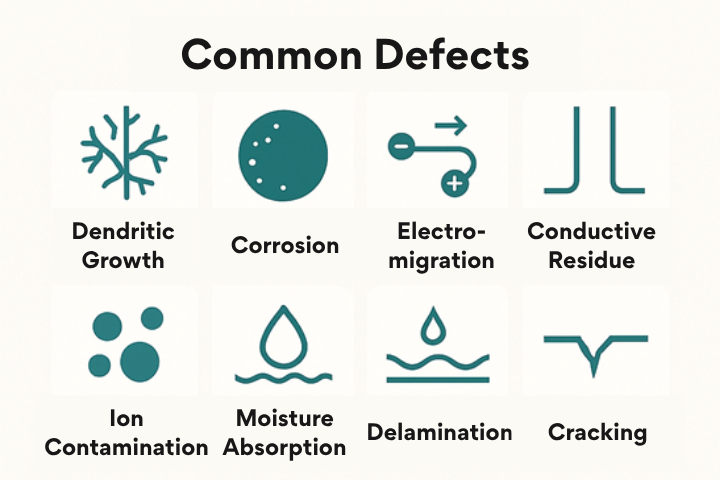Folks,
After a bit of a break, the adventures of Patty, Rob, and The Professor continue:
The plane droned on as it made its slow march from Detroit to Tokyo. Patty looked down at Rob as he slumbered peacefully.She caught a glimpse of The Professor, he looked at both of them from across the aisle with a satisfied smile.The proud mentor looking at his mentees.
This was the first time in a while when Patty didn’t feel totally stressed.She had resisted going to China only three weeks before her wedding, but senior management insisted.She would arrive home only 5 days before the big day.She and Rob had their first real fight, she got angry with him because he wasn’t appreciating the pressure that she felt.However, with one long weekend with their moms, she was able to get most of the tasks done and finally felt relaxed that the wedding plans were in good shape.
She had to chuckle at Rob.He was all nervous being with The Professor by himself.The plans that they had made had Rob and The Professor focusing on productivity improvements at ACME’s new acquired plants in China.While they were working on these tasks, Patty would handle some process materials related issues.
The rest on the trip went smoothly and after a night’s rest they were off to the first of ACME’s new factories.This one was located in Shenzhen.Our trio was ushered in to see the site GM, Peng Zhou, a native of the area.He addressed them in quite good English. When Rob and Patty answered in better Mandarin, he seemed shocked.When The Professor answered him in flawless Cantonese he and Patty and Rob were stunned.
"要不咱们都讲中文吧,既然咱们中文都不错。" said Rob. ("Perhaps we should all speak in Mandarin, since we speak it well." For our non Mandarin speakers)
Rob and The Professor went off to audit a few assembly lines, while Peng accompanied Patty to visit an assembly line that was having a quality problem.
(Dialogue translated from Mandarin)
“I’m very impressed with how well you all speak Mandarin,” said Peng. “Where did you learn it?” he continued.
“Thank you,” replied Patty. "Both Rob and I studied Mandarin in college and we did an internship in China,” she went on.
“ Very impressive,” Peng commented. “But I have to tell you, I’ve never heard any American speak Cantonese at all, let alone as well as The Professor does. It’s like he was born here,” he went on.
“He never ceases to amaze me,” Patty responded.
 Patty and Peng finally arrived at the assembly line.Patty was introduced to the line engineer, Elvis Chang.She chuckled inside, this was the third Asian person her age she had met that had chosen “Elvis” as an English nickname.Elvis was relieved that Patty spoke Mandarin.They went to a stereo microscope and looked at some of the assembled PCBs that had quality issues.Patty was quick to pick out the problem: graping.She looked at the stencil and the pad sizes on the PCB.She performed a few calculations and appeared satisfied that she had the answer.Patty suggested that, if Elvis would like, she could give a brief presentation on what she thought the problem was.
Patty and Peng finally arrived at the assembly line.Patty was introduced to the line engineer, Elvis Chang.She chuckled inside, this was the third Asian person her age she had met that had chosen “Elvis” as an English nickname.Elvis was relieved that Patty spoke Mandarin.They went to a stereo microscope and looked at some of the assembled PCBs that had quality issues.Patty was quick to pick out the problem: graping.She looked at the stencil and the pad sizes on the PCB.She performed a few calculations and appeared satisfied that she had the answer.Patty suggested that, if Elvis would like, she could give a brief presentation on what she thought the problem was.
“Patty, that’s a great idea, but it might be best to wait until after lunch,” Elvis suggested.
Elvis, Patty, and a few other young engineers went together for lunch.They seemed to be fascinated with Patty, especially her ability to speak Mandarin.They all spoke some English and were all studying it as they recognized that their ability to be promoted to a senior level required fluency in English.One of them pointed out that she had read that about 250 million Chinese people are studying English, while only 20,000 Americans are studying Chinese.
Patty enjoyed Chinese food and was happy to find Sea Cucumber on the menu. One of her friends said it was the only Chinese food he couldn’t eat.She tried it and liked it.
After lunch, Patty asked for a few hours to prepare her presentation. Her main points are summarized below:
1. The aperture size for the pads that experience graping is 8 mils in diameter for the 4 mil thick stencil.
2. The resulting area ratio (D/4t, D= diameter, t = stencil thickness) for this aperture is 0.50, less than the recommended 0.66.
3. The very small solder paste deposit doesn’t not have enough flux to avoid oxidation of the solder particles in reflow.The resulting defect looks like a bunch of grapes so it is called graping.
4. Likely solutions:
a. Use a square aperture.An 8 mil square aperture provides 27.3% more volume, and it has better transfer efficiency.(Transfer efficiency is the volume of the solder paste deposit divided by the volume of the aperture times 100.) The result would be > 30% more solder paste.The more solder paste, the less likely to experience graping
b. The solder paste they were using was not best of breed re: graping resistance. She recommended another one, which she knew performed well in all respects – and minimized graping.This solder paste’s flux was robust and designed to minimize defects like graping.
Her presentation was received very well.Fortunately some of this excellent solder paste she recommended was being used for another job in the plant.So with approval from Peng, the team switched to this paste.
After the meeting, Patty thought about how much one of the technical engineers from one of her favorite solder paste suppliers had helped her to understand graping and how to minimize it.His name is Ed Briggs and she had just attended SMTA Toronto where Ed gave a paper on graping.Much of the information in her presentation came from Ed’s paper. She had also learned from one of his blog posts on graping.
Epilogue:Three weeks later, the graping had disappeared from Elvis’s assembly line.They didn’t even need to adopt a stencil with square apertures, the solder paste change, itself, was enough.
Cheers,
Dr. Ron
Shenzhen Image:dcmaster under creative commons license



